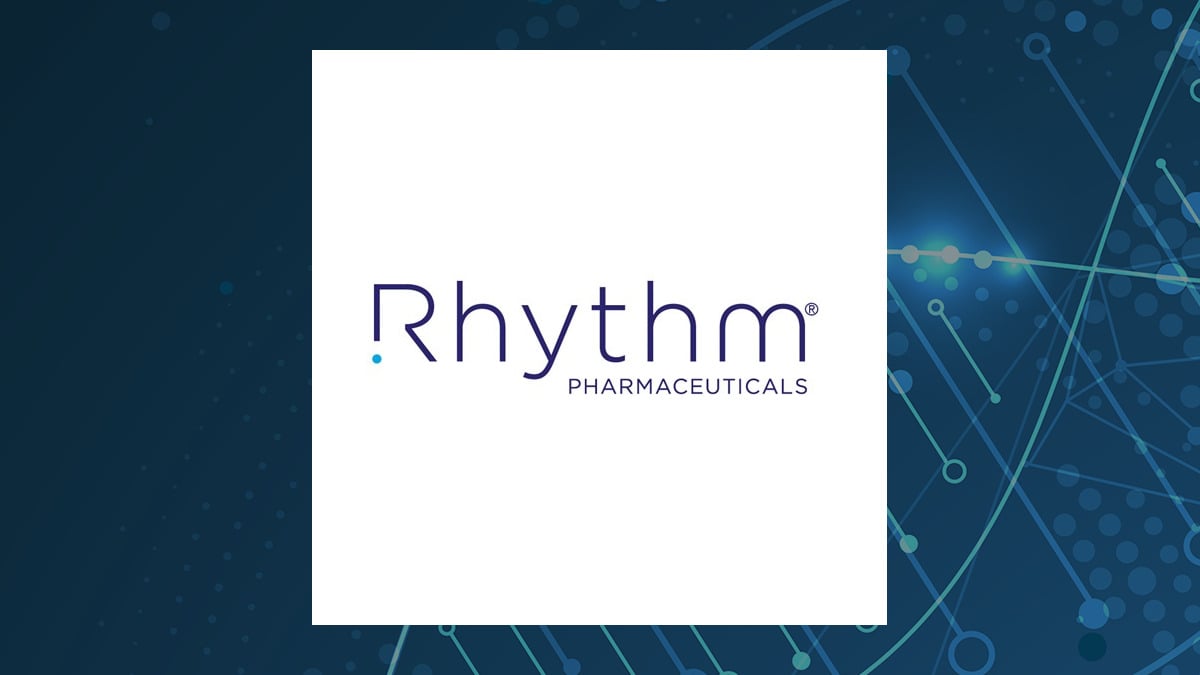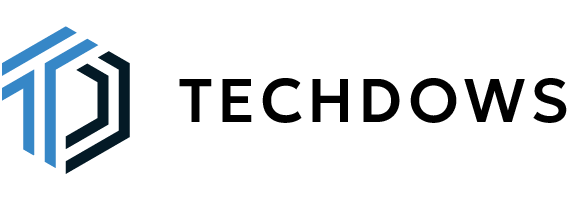Kamada (NASDAQ:KMDA – Get Free Report) and Rhythm Pharmaceuticals (NASDAQ:RYTM – Get Free Report) are both medical companies, but which is the superior stock? We will contrast the two companies based on the strength of their profitability, earnings, valuation, institutional ownership, analyst recommendations, dividends and risk.
Institutional & Insider Ownership
20.4% of Kamada shares are owned by institutional investors. 36.1% of Kamada shares are owned by company insiders. Comparatively, 5.6% of Rhythm Pharmaceuticals shares are owned by company insiders. Strong institutional ownership is an indication that endowments, large money managers and hedge funds believe a stock will outperform the market over the long term.
Earnings & Valuation
This table compares Kamada and Rhythm Pharmaceuticals”s revenue, earnings per share and valuation.
| Gross Revenue | Price/Sales Ratio | Net Income | Earnings Per Share | Price/Earnings Ratio | |
| Kamada | $142.52 million | 3.01 | $8.28 million | $0.28 | 26.64 |
| Rhythm Pharmaceuticals | $77.43 million | 44.51 | -$184.68 million | ($4.33) | -12.95 |
Analyst Ratings
This is a breakdown of recent ratings for Kamada and Rhythm Pharmaceuticals, as reported by MarketBeat.
| Sell Ratings | Hold Ratings | Buy Ratings | Strong Buy Ratings | Rating Score | |
| Kamada | 0 | 0 | 2 | 0 | 3.00 |
| Rhythm Pharmaceuticals | 0 | 1 | 10 | 0 | 2.91 |
Kamada presently has a consensus price target of $14.50, suggesting a potential upside of 94.37%. Rhythm Pharmaceuticals has a consensus price target of $68.09, suggesting a potential upside of 21.44%. Given Kamada’s stronger consensus rating and higher probable upside, equities analysts plainly believe Kamada is more favorable than Rhythm Pharmaceuticals.
Risk & Volatility
Kamada has a beta of 0.99, suggesting that its share price is 1% less volatile than the S&P 500. Comparatively, Rhythm Pharmaceuticals has a beta of 2.14, suggesting that its share price is 114% more volatile than the S&P 500.
Profitability
This table compares Kamada and Rhythm Pharmaceuticals’ net margins, return on equity and return on assets.
| Net Margins | Return on Equity | Return on Assets | |
| Kamada | 9.92% | 6.30% | 4.49% |
| Rhythm Pharmaceuticals | -230.07% | -367.36% | -77.47% |
Summary
Kamada beats Rhythm Pharmaceuticals on 11 of the 14 factors compared between the two stocks.
About Kamada
 Kamada Ltd. manufactures and sells plasma-derived protein therapeutics. Its commercial products include KAMRAB/KEDRAB for treating prophylaxis of rabies; CYTOGAM for Prophylaxis of Cytomegalovirus disease in kidney, lung, liver, pancreas, heart, and heart/lung transplants; VARIZIG for post exposure prophylaxis of varicella; WINRHO SDF for immune thrombocytopenic purpura and suppression of rhesus isoimmunization; HEPAGAM B for prevention of hepatitis B recurrence liver transplants and post-exposure prophylaxis; GLASSIA for intravenous AATD; KAMRHO (D) IM for prophylaxis of hemolytic disease of newborns; KAMRHO (D) IV for immune thermobocytopunic purpura; and Echis coloratus and Vipera palaestinae Antiserum for the treatment of snake bite. The company also distributes imported drug products in Israel, including BRAMITOB to manage chronic pulmonary infection; FOSTER to treat asthma; TRIMBOW for chronic obstructive pulmonary disease; PROVOCHOLINE for the diagnosis of bronchial airway hyperactivity; AEROBIKA, an OPEP device; RUPAFIN and RUPAFIN ORAL SOLUTION for allergic rhinitis and Urticaria; SINTREDIUS for rheumatoid arthritis, systemic lupus erythematosus, and mild-moderate juvenile dermatomyositis; IVIG for immunodeficiency-related conditions; VARITECT for chicken pox and zoster herpes; ZUTECTRA and HEPATECT CP for hepatitis B; MEGALOTECT CP for CMV virus; RUCONEST for angioedema attack; HEPARIN SODIUM INJECTION for thrombo-embolic disorders and prophylaxis of deep vein thrombosis and thromboembolic events; ALBUMIN and ALBUMIN for blood plasma; Factor VIII for hemophilia type A; and Factor IX for hemophilia type B. In addition, it distributes COAGADEX for hereditary factor X deficiency; IXIARO for Japanese encephalitis; VIVOTIF for Salmonella Typhi; PROCYSBI for nephropathic cystinosis; LAMZEDE for alpha-mannosidosis; ELIGARD for prostate cancer; and BEVACIZUMAB KAMADA for various cancers. The company was incorporated in 1990 and is headquartered in Rehovot, Israel.
Kamada Ltd. manufactures and sells plasma-derived protein therapeutics. Its commercial products include KAMRAB/KEDRAB for treating prophylaxis of rabies; CYTOGAM for Prophylaxis of Cytomegalovirus disease in kidney, lung, liver, pancreas, heart, and heart/lung transplants; VARIZIG for post exposure prophylaxis of varicella; WINRHO SDF for immune thrombocytopenic purpura and suppression of rhesus isoimmunization; HEPAGAM B for prevention of hepatitis B recurrence liver transplants and post-exposure prophylaxis; GLASSIA for intravenous AATD; KAMRHO (D) IM for prophylaxis of hemolytic disease of newborns; KAMRHO (D) IV for immune thermobocytopunic purpura; and Echis coloratus and Vipera palaestinae Antiserum for the treatment of snake bite. The company also distributes imported drug products in Israel, including BRAMITOB to manage chronic pulmonary infection; FOSTER to treat asthma; TRIMBOW for chronic obstructive pulmonary disease; PROVOCHOLINE for the diagnosis of bronchial airway hyperactivity; AEROBIKA, an OPEP device; RUPAFIN and RUPAFIN ORAL SOLUTION for allergic rhinitis and Urticaria; SINTREDIUS for rheumatoid arthritis, systemic lupus erythematosus, and mild-moderate juvenile dermatomyositis; IVIG for immunodeficiency-related conditions; VARITECT for chicken pox and zoster herpes; ZUTECTRA and HEPATECT CP for hepatitis B; MEGALOTECT CP for CMV virus; RUCONEST for angioedema attack; HEPARIN SODIUM INJECTION for thrombo-embolic disorders and prophylaxis of deep vein thrombosis and thromboembolic events; ALBUMIN and ALBUMIN for blood plasma; Factor VIII for hemophilia type A; and Factor IX for hemophilia type B. In addition, it distributes COAGADEX for hereditary factor X deficiency; IXIARO for Japanese encephalitis; VIVOTIF for Salmonella Typhi; PROCYSBI for nephropathic cystinosis; LAMZEDE for alpha-mannosidosis; ELIGARD for prostate cancer; and BEVACIZUMAB KAMADA for various cancers. The company was incorporated in 1990 and is headquartered in Rehovot, Israel.
About Rhythm Pharmaceuticals
 Rhythm Pharmaceuticals, Inc., a commercial-stage biopharmaceutical company, focuses on the rare neuroendocrine diseases. The company's lead product candidate is IMCIVREE (setmelanotide), a rare melanocortin-4 receptor for the treatment of pro-opiomelanocortin (POMC), proprotein convertase subtilisin/kexin type 1, leptin receptor (LEPR) deficiency obesity, and Bardet-Biedl and Alström syndrome. It is in Phase 3 clinical trials for treating POMC or LEPR heterozygous deficiency obesities, steroid receptor coactivator 1 deficiency obesity, SH2B1 deficiency obesity, MC4 receptor deficiency obesity, and other MC4R disorders. The company has licensing agreements with LG Chem, Ltd; Ipsen Pharma S.A.S; Camurus; RareStone Group Ltd.; and LG Chem, Ltd. The company was formerly known as Rhythm Metabolic, Inc. and changed its name to Rhythm Pharmaceuticals, Inc. in October 2015. Rhythm Pharmaceuticals, Inc. was founded in 2008 and is headquartered in Boston, Massachusetts.
Rhythm Pharmaceuticals, Inc., a commercial-stage biopharmaceutical company, focuses on the rare neuroendocrine diseases. The company's lead product candidate is IMCIVREE (setmelanotide), a rare melanocortin-4 receptor for the treatment of pro-opiomelanocortin (POMC), proprotein convertase subtilisin/kexin type 1, leptin receptor (LEPR) deficiency obesity, and Bardet-Biedl and Alström syndrome. It is in Phase 3 clinical trials for treating POMC or LEPR heterozygous deficiency obesities, steroid receptor coactivator 1 deficiency obesity, SH2B1 deficiency obesity, MC4 receptor deficiency obesity, and other MC4R disorders. The company has licensing agreements with LG Chem, Ltd; Ipsen Pharma S.A.S; Camurus; RareStone Group Ltd.; and LG Chem, Ltd. The company was formerly known as Rhythm Metabolic, Inc. and changed its name to Rhythm Pharmaceuticals, Inc. in October 2015. Rhythm Pharmaceuticals, Inc. was founded in 2008 and is headquartered in Boston, Massachusetts.
Receive News & Ratings for Kamada Daily - Enter your email address below to receive a concise daily summary of the latest news and analysts' ratings for Kamada and related companies with MarketBeat.com's FREE daily email newsletter.
